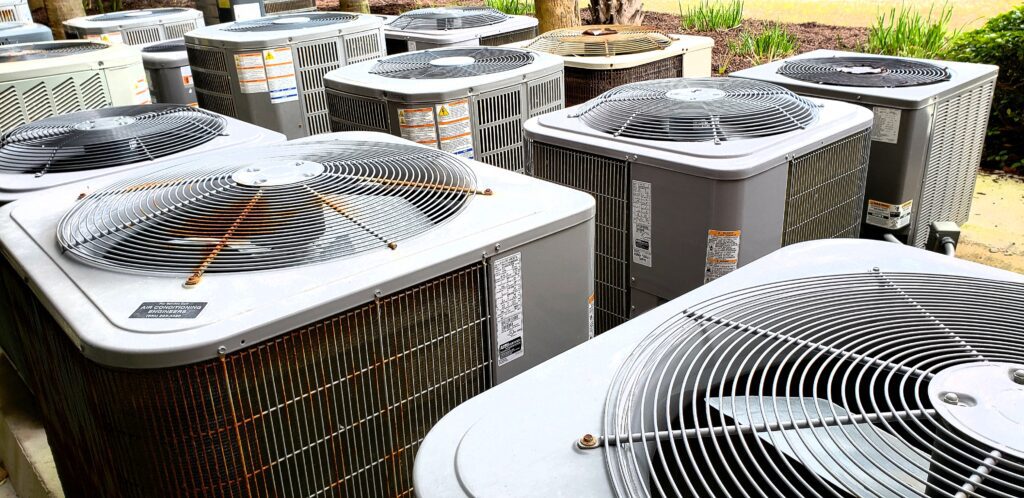As a new homeowner, understanding how to maintain your HVAC (Heating, Ventilation, and Air Conditioning) system is crucial to ensuring comfort and efficiency within your living space. Regular maintenance can save you money, extend the lifespan of your system, and enhance energy efficiency. This guide covers the basics of HVAC systems, why maintenance is essential, DIY tips, when to call a professional, and how to select the right HVAC maintenance service.
Understanding the Basics of HVAC Systems
Before diving into maintenance advice, it’s important to grasp the fundamental components and functionality of HVAC systems. This knowledge will empower you to perform better upkeep and troubleshoot common issues.
Components of an HVAC System
An HVAC system is typically composed of several key components, each playing a vital role in regulating your home’s temperature and air quality:
- Furnace: The furnace is responsible for heating air that is distributed throughout your home during colder months.
- Air Conditioner: The AC cools the air in your home when temperatures rise, providing comfort in the summer.
- Heat Pump: Some systems utilize a heat pump that can both heat and cool your home by transferring heat from the inside to the outside.
- Ductwork: Ducts transport air throughout your home. Ensuring that this channel remains clean is vital for efficiency.
- Thermostat: This device allows you to set the desired temperature in your home, regulating when the HVAC system turns on and off.
How Does an HVAC System Work?
HVAC systems operate on the principles of thermodynamics. The furnace or heat pump creates warm air, which is pushed through the ductwork by a fan. Conversely, the air conditioner works by absorbing heat from the indoor air and transferring it outside. This cycle of heating and cooling maintains a comfortable environment.
A thermostat monitors room temperature and signals the HVAC unit to activate or shut down based on the preset temperature settings. Understanding this cycle can help you realize the importance of maintenance in ensuring that air can flow freely through the system, making each component’s function optimal.
In addition to these primary components, many HVAC systems also incorporate air filters, which play a crucial role in maintaining indoor air quality. These filters trap dust, pollen, and other airborne particles, preventing them from circulating throughout your home. Regularly changing or cleaning these filters is essential, as clogged filters can restrict airflow, forcing the system to work harder and potentially leading to costly repairs. Furthermore, advanced systems may include humidifiers or dehumidifiers to manage moisture levels, ensuring that your home remains comfortable year-round.
Moreover, modern HVAC systems often come equipped with smart technology, allowing homeowners to control their heating and cooling remotely via smartphones or tablets. This innovation not only enhances convenience but also promotes energy efficiency. By adjusting settings based on occupancy or time of day, homeowners can significantly reduce energy consumption and lower utility bills. Understanding these technological advancements can further enhance your ability to maintain your HVAC system effectively.
Importance of Regular HVAC Maintenance
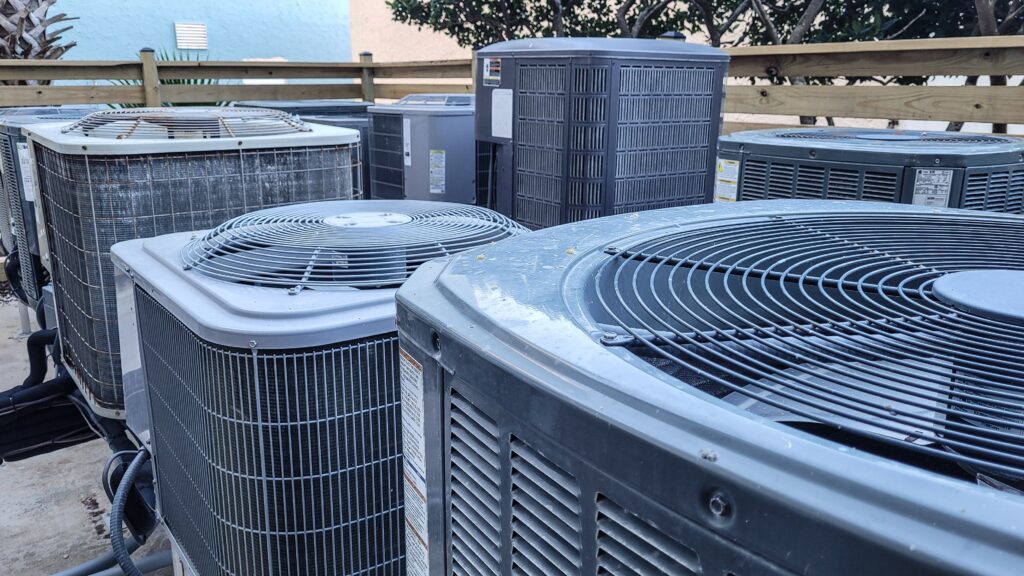
Just like any other system in your home, HVAC units need regular maintenance to function effectively. The benefits of regular maintenance extend beyond merely keeping your home comfortable. In fact, neglecting maintenance can lead to a host of issues that not only affect your comfort but can also lead to significant financial burdens down the line. Homeowners often overlook the importance of routine check-ups, but understanding the long-term advantages can motivate proactive care.
Extending the Lifespan of Your HVAC System
HVAC systems can last anywhere from 10 to 20 years with proper care. Regular maintenance helps in identifying and alleviating potential issues before they escalate into costly repairs or breakdowns. Tasks like cleaning coils, checking refrigerant levels, and inspecting electrical components can significantly extend the lifespan of your system. Additionally, scheduling seasonal maintenance can help ensure that your system is prepared for the demands of extreme weather, whether it’s the sweltering heat of summer or the biting cold of winter. This proactive approach not only safeguards your investment but also provides peace of mind knowing that your home will remain comfortable year-round.
Improving Energy Efficiency and Performance
HVAC units that receive routine maintenance operate more efficiently, leading to lower energy bills. A well-maintained system uses less energy to heat or cool your home, thereby reducing its environmental footprint. Moreover, efficiently running systems produce a more stable indoor climate, enhancing overall comfort. Regular maintenance also includes checking and replacing air filters, which is crucial for maintaining optimal airflow and indoor air quality. Clogged or dirty filters can restrict airflow, forcing the system to work harder and consume more energy, which can result in higher utility bills and increased wear and tear on the unit.
Furthermore, regular maintenance can help detect minor issues that, if left unaddressed, could lead to major system failures. For example, a small refrigerant leak can not only decrease efficiency but can also lead to compressor failure, which is one of the most expensive components to replace. By investing in regular inspections and maintenance, homeowners can ensure that their HVAC systems are running at peak performance, ultimately saving money and reducing the likelihood of unexpected breakdowns.
DIY HVAC Maintenance Tips for Beginners
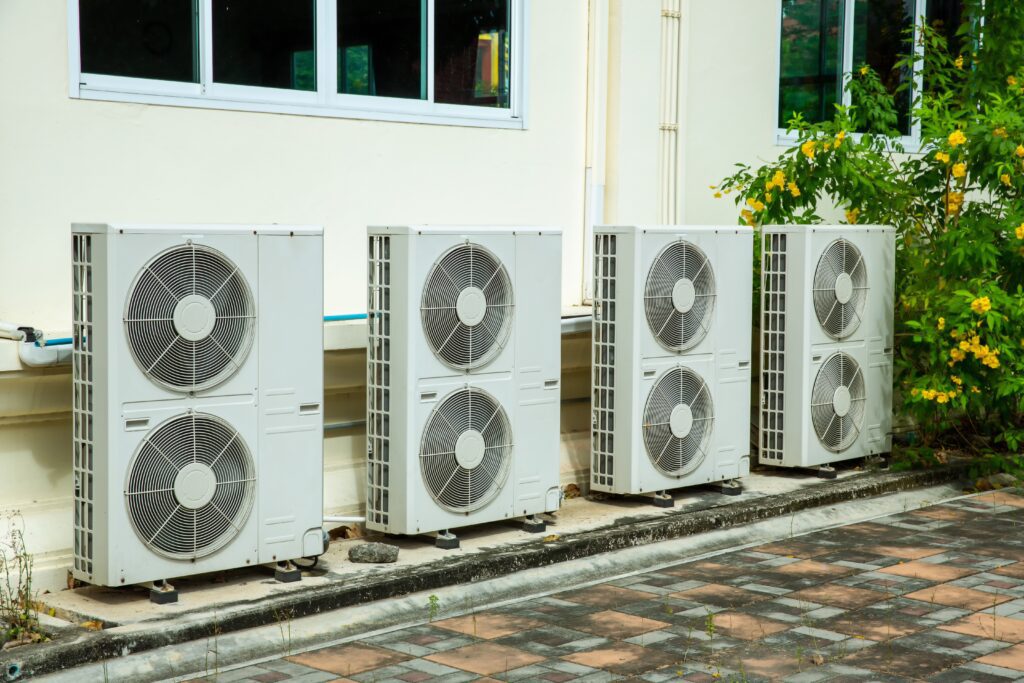
While some maintenance tasks require professional attention, many can be performed by homeowners. Here are some actionable DIY tips to help maintain your HVAC system.
Regular Cleaning and Inspection
One of the simplest ways to maintain your HVAC system is through routine cleaning and inspection. Check and clean the outdoor unit to ensure it is free from debris, leaves, and vegetation. Blockages can restrict airflow, impacting performance. Similarly, inspect indoor components like air ducts and vents for dust buildup and clean them as needed. Additionally, consider using a vacuum with a brush attachment to reach deeper into the vents and remove any stubborn dust that may have settled over time. Regular inspections can also help you identify any signs of wear and tear, allowing you to address minor issues before they escalate into costly repairs.
Changing Filters Regularly
Filters play a crucial role in trapping dust, allergens, and other particles that might affect indoor air quality. Regularly checking and changing your filters—typically every 1 to 3 months—ensures that your HVAC system runs efficiently. Clean filters allow for better airflow and prevent strain on system components, ultimately leading to lower energy costs. It’s also worth noting that different types of filters have varying lifespans and efficiencies, so consider investing in high-efficiency particulate air (HEPA) filters if you have allergies or pets. These filters can significantly improve the air quality in your home, making it a healthier environment for you and your family.
Checking Thermostat Settings
Make it a habit to regularly verify your thermostat settings. Ensure that the thermostat is calibrated correctly and functioning appropriately. If you have a programmable thermostat, explore its scheduling features to optimize heating or cooling according to your daily routine. A well-functioning thermostat enhances energy efficiency and keeps your home comfortable. Furthermore, consider upgrading to a smart thermostat, which can learn your preferences over time and adjust the temperature accordingly, even allowing you to control your HVAC system remotely via smartphone apps. This added convenience not only improves comfort but can also lead to significant energy savings by reducing unnecessary heating or cooling when you’re not home.
When to Call a Professional for HVAC Maintenance
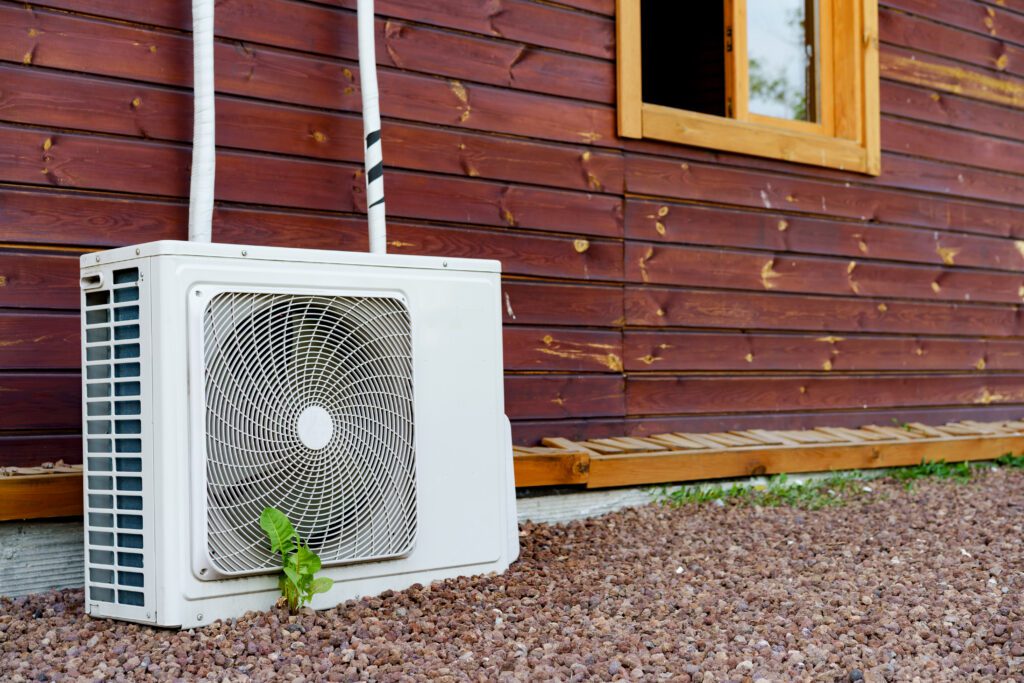
While many maintenance tasks are DIY-friendly, certain situations call for professional assistance. Recognizing the signs that indicate you need expert help is crucial for maintaining your system’s health.
Recognizing Common HVAC Problems
Some symptoms that warrant a call to an HVAC technician include strange noises, fluctuating temperatures, and poor airflow. Additionally, if your HVAC system is cycling frequently or not turning on at all, these could indicate underlying issues that require professional diagnostics. Ignoring these signs can lead to more significant problems down the line, such as increased energy bills or even complete system failure. It’s essential to pay attention to your system’s performance and address any irregularities promptly to avoid costly repairs.
Scheduling Regular Professional Maintenance
Beyond recognizing specific problems, it’s wise to schedule annual inspections with a certified HVAC technician. These professionals can perform comprehensive checks that are difficult to execute as a homeowner. Regular maintenance checks can involve cleaning components, checking electrical connections, and ensuring that all parts are functioning as they should. Furthermore, a technician can also provide insights into energy efficiency improvements and recommend upgrades that could enhance your system’s performance. This proactive approach not only extends the lifespan of your HVAC system but also ensures that it operates at peak efficiency, ultimately saving you money on energy costs.
In addition to annual inspections, consider the benefits of seasonal tune-ups, especially before the summer and winter months when your system will be under the most strain. These tune-ups can help identify potential issues before they escalate, ensuring that your HVAC system is ready to handle the demands of extreme weather. A well-maintained system is less likely to break down unexpectedly, providing you with peace of mind and comfort in your home throughout the year.
Choosing the Right HVAC Maintenance Service
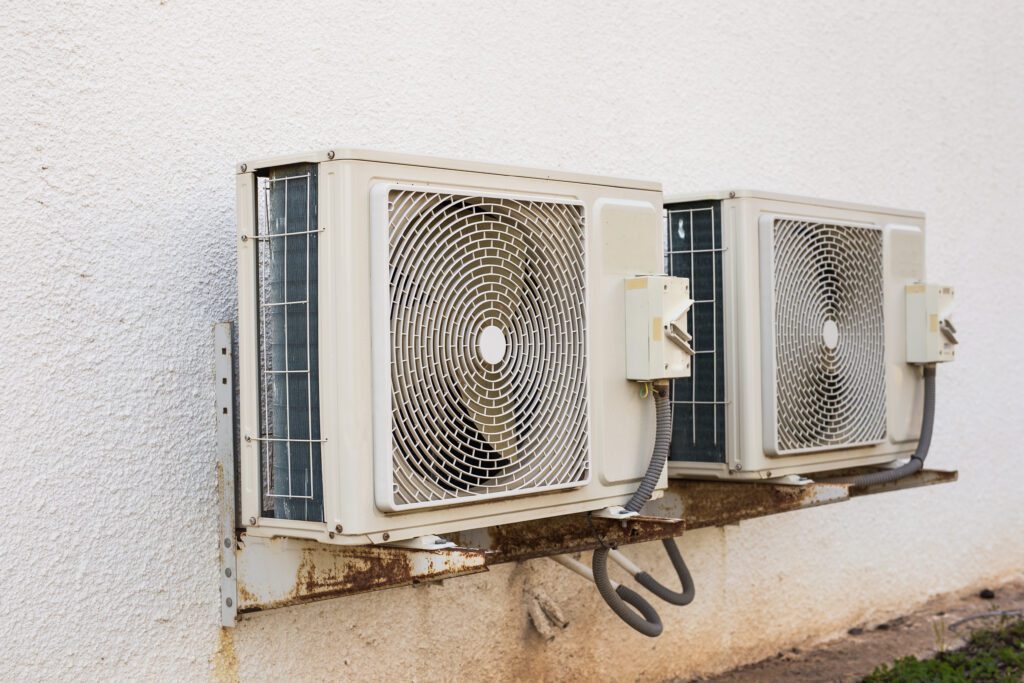
Finding a reliable HVAC maintenance service is crucial for your system’s longevity and efficiency. Several factors should be taken into consideration when selecting a provider.
What to Look for in an HVAC Maintenance Provider
When searching for an HVAC service company, look for qualifications and reviews. Always choose providers who are licensed and insured. Consider asking friends, family, or neighbors for recommendations based on their experiences. Checking online reviews can also provide insight into a company’s reputation and reliability. Additionally, it’s beneficial to inquire about the technicians’ training and experience, as well as the company’s history in the industry. A well-established provider is often more reliable, as they have a track record of service and customer satisfaction that can be verified.
Understanding Maintenance Contracts
Many HVAC companies offer maintenance contracts that entail regular check-ups and discounts on repairs. Before committing, ensure you fully understand the contract terms—what services are included, the frequency of visits, and costs involved. A good maintenance agreement can offer peace of mind while enhancing the longevity of your HVAC system. It’s also wise to ask about any additional services that might be included, such as emergency repairs or priority scheduling during peak seasons. These factors can significantly enhance the value of your maintenance contract, ensuring you receive comprehensive care for your system.
Furthermore, consider the environmental impact of your HVAC system. Regular maintenance not only improves efficiency but also reduces energy consumption, which is beneficial for both your wallet and the planet. Many modern HVAC systems are designed to be eco-friendly, and a knowledgeable maintenance provider can help you understand how to maximize these features. By staying informed about energy-efficient practices and technologies, you can make choices that contribute to a more sustainable home while enjoying optimal comfort.
In summary, being a proactive homeowner in maintaining your HVAC system is essential. Understanding the system, performing regular maintenance tasks, and recognizing when to call professionals will help you create a comfortable and energy-efficient living environment. By following these essential tips, you’ll not only save money but also contribute to a more sustainable home.

